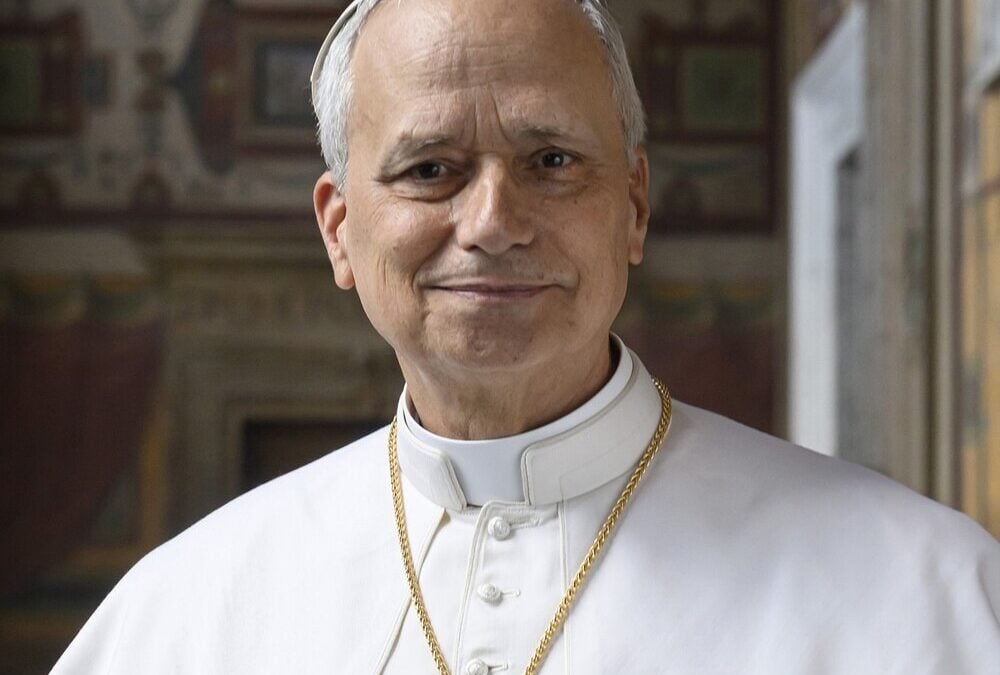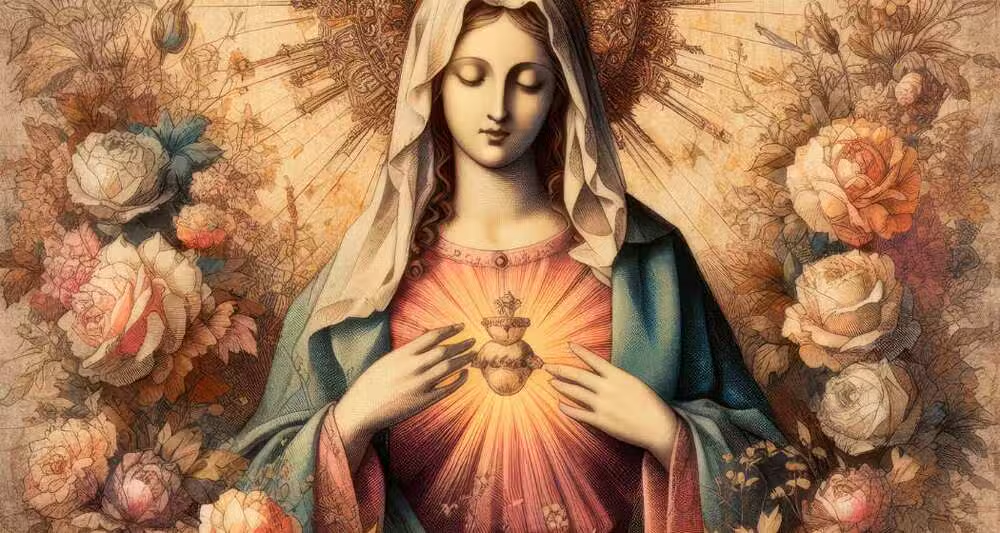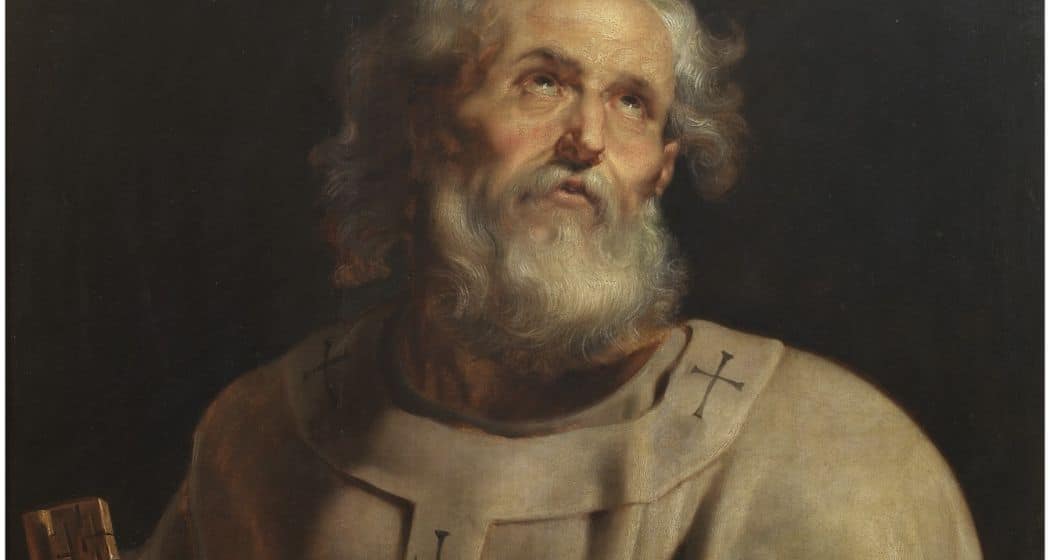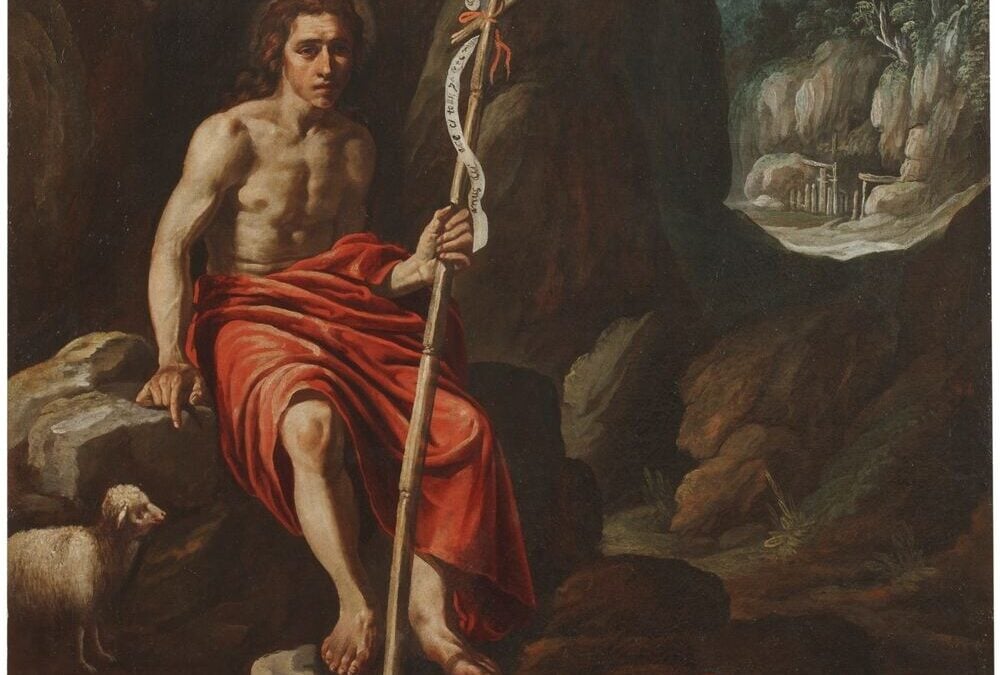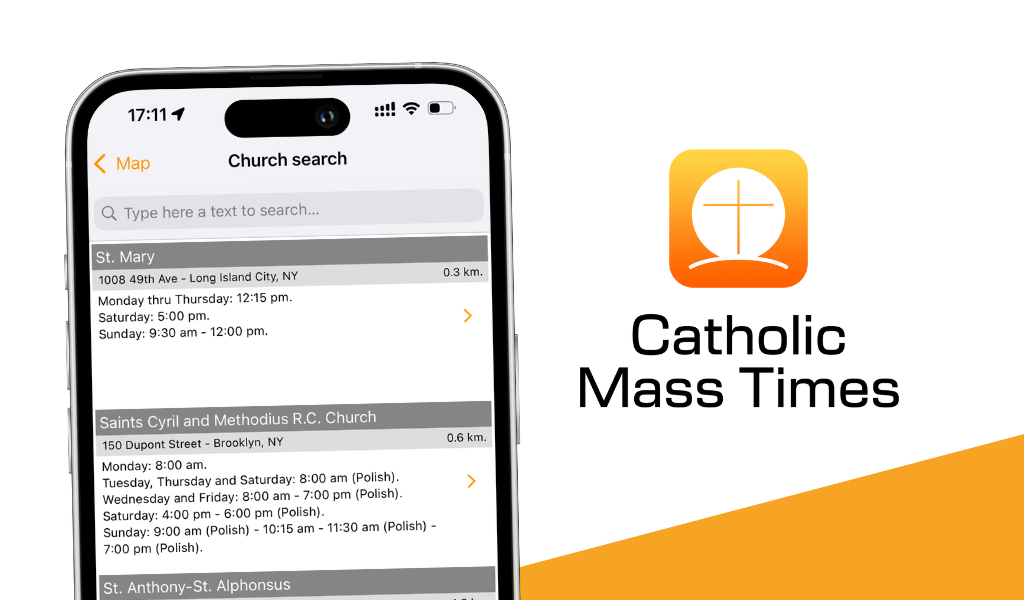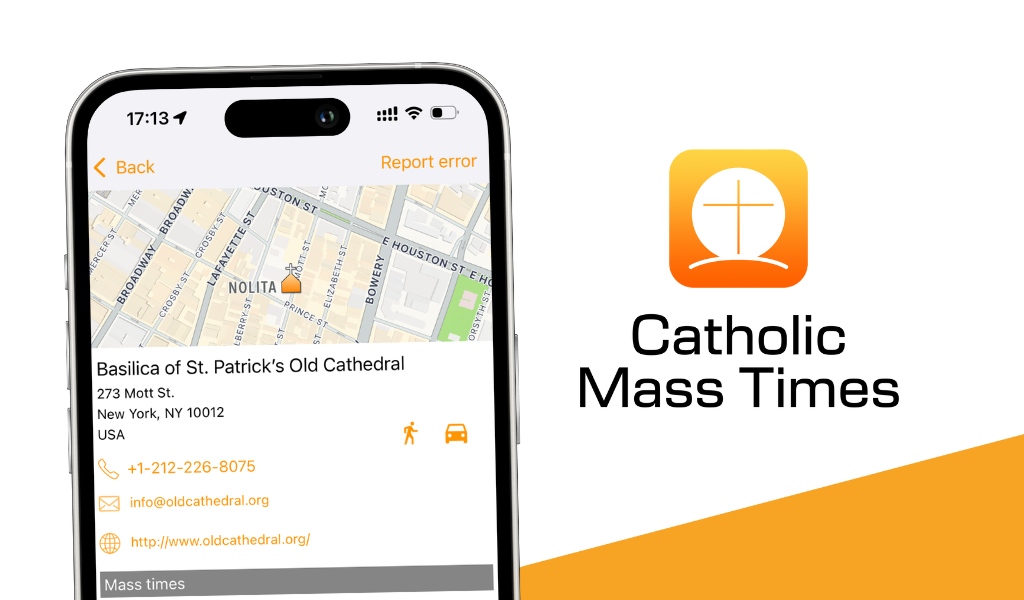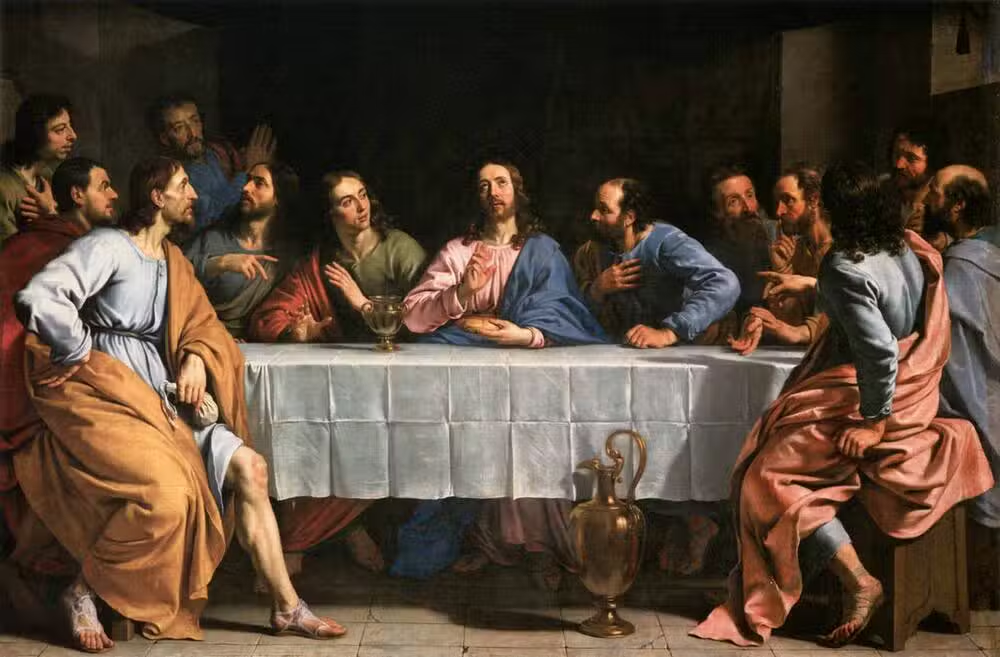The Holy Mass offers us a privileged space to meet with God and renew our commitment every day. It is a sacred moment in which the mystery of faith becomes present, inviting us to reflect more deeply on the ends of the Mass.
The Mass, a sacramental renewal of Christ’s sacrifice, shares the same ends as the sacrifice on the Cross: to adore, give thanks, make reparation, and ask.
According to the Catechism of the Catholic Church, “the Eucharist is the memorial of Christ’s Passover, the making present and the sacramental offering of His unique sacrifice, in the liturgy of the Church, which is His Body” (CCC, 1362). These ends are reflected in the various prayers of the liturgical celebration, such as the Collect, the Prayer over the Offerings, and the Prayer after Communion.
I invite you to reflect on each of these ends of the Mass and discover how they can transform your spiritual life.
You can use the Catholic Mass Times app to find the nearest Catholic church with Mass, Confession, and Adoration schedules. It will surely help you! Download it now.
The 4 ends of the Mass are:
1. The End of latria: To Praise and Adore God

The first of the ends of the Mass is to praise and adore God, recognizing His greatness and sovereignty. This act of adoration is manifested in the liturgy, especially in the “Holy, Holy, Holy”, where we join the heavenly choirs to proclaim the glory of God. The Catechism teaches us that the Eucharist is a “sacrifice of praise” (CCC, 1359).
Adoring God in the Mass allows us to step outside ourselves, placing Him at the center of our lives. It is a reminder that our existence finds its whole meaning when we recognize that we are creatures dependent on divine love. This act of adoration does not end with the Mass but invites us to live in a constant attitude of praise.
- You may be interested in: How to Give Glory to God in Mass: 4 Essential Ideas
2. The Eucharistic End: To Give Thanks to God
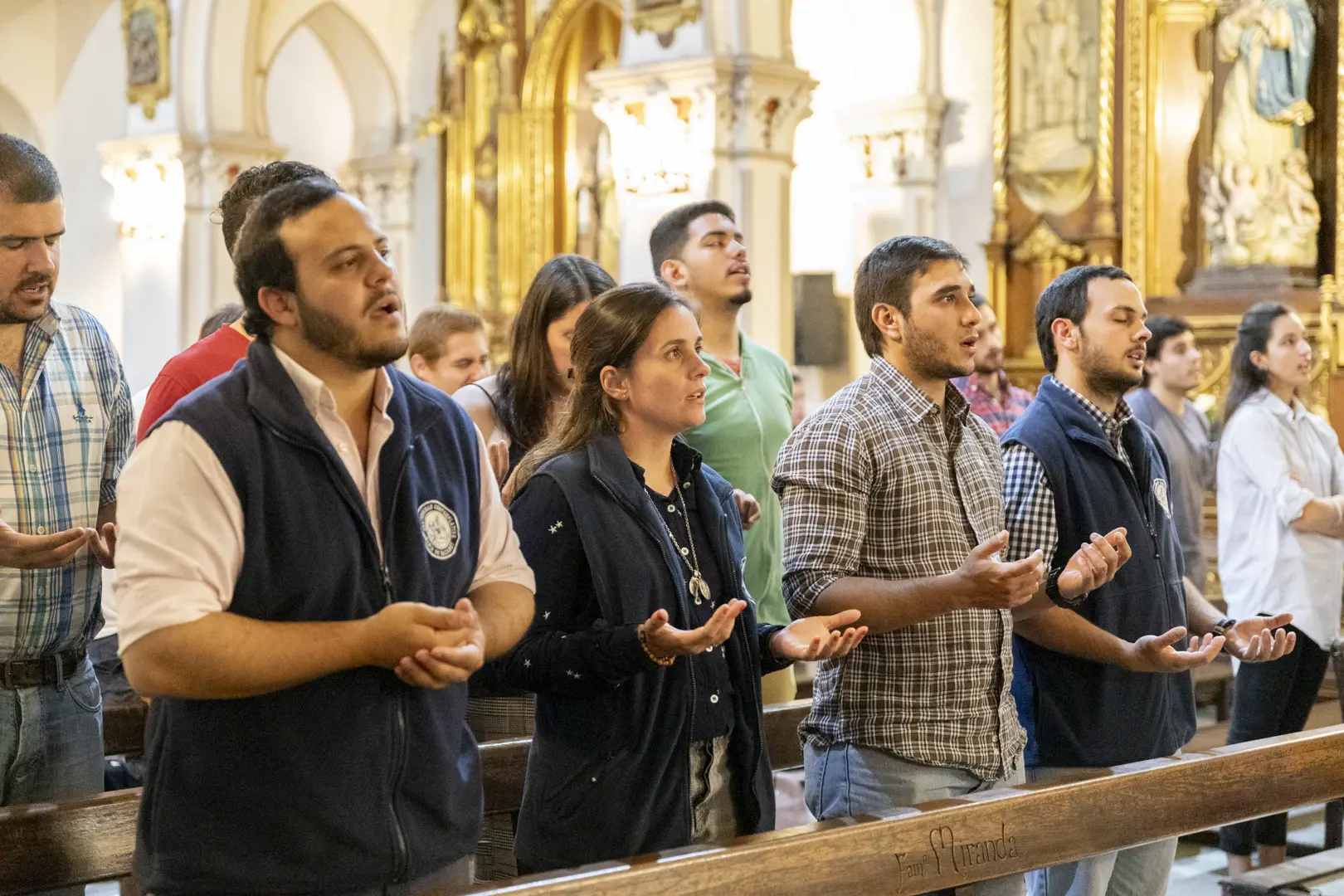
The word “Eucharist” means thanksgiving, which is one of the main ends of the Mass. In it, we thank God for all the gifts He has granted us: creation, redemption, and the daily providence that sustains our lives. The Catechism states that the Eucharist is “thanksgiving and praise to the Father” (CCC, 1358).
Giving thanks in the Mass involves words and a grateful heart that recognizes God as the source of all good. This gratitude teaches us to value what we have and to see God’s hand in the smallest details of our lives. Every time we attend the Eucharist, we renew our gratitude and learn to be more aware of His loving presence.
- You may be interested in: Giving Thanks to God at Mass: An Essential Action
3. The Propitiatory End: To Make Reparation to God
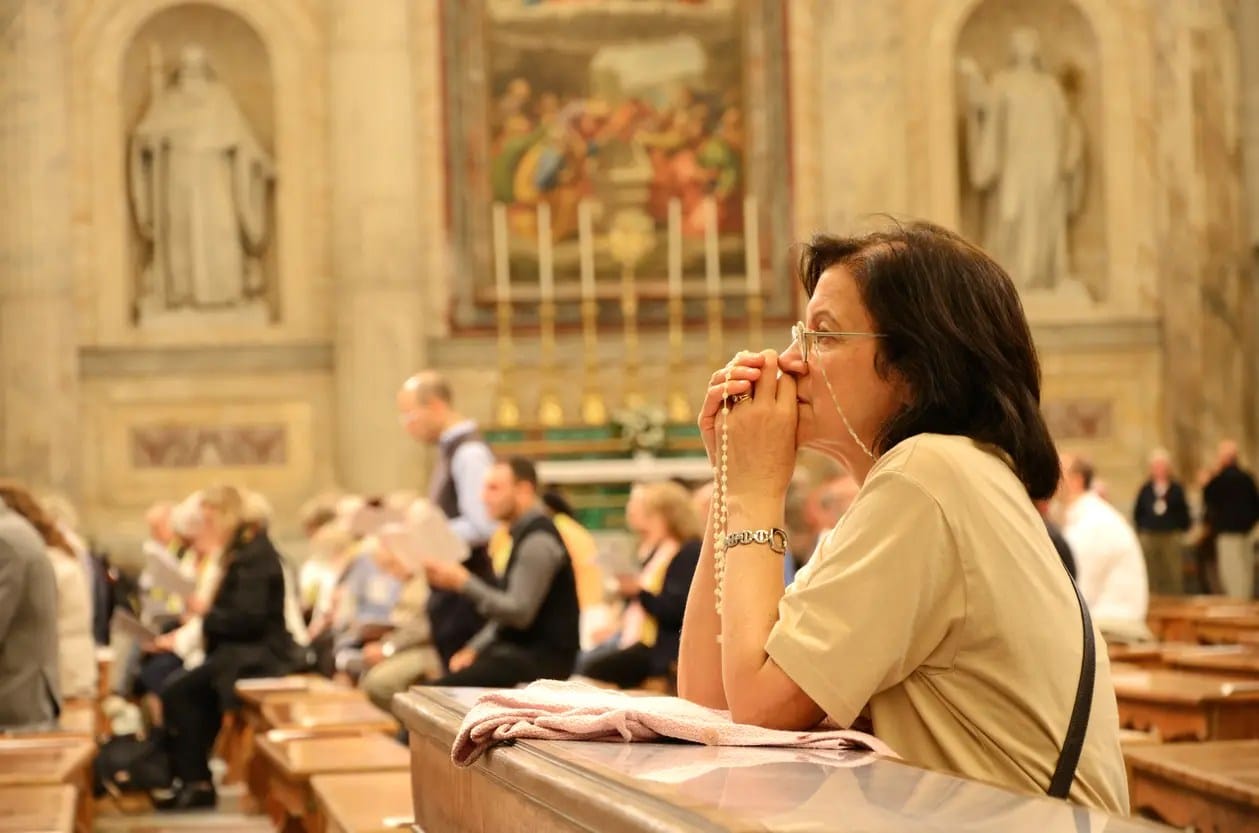
The Holy Mass also has a propitiatory character, that is, it seeks to make reparation for our sins and those of the whole world. On the Cross, Christ offered Himself as the perfect victim to reconcile us with the Father, and this same offering is made present in every Mass. The Catechism notes that the Eucharist is a “sacrifice of atonement” (CCC, 1367).
This, the third purpose of the Mass, invites us to examine our conscience and approach with a contrite heart, asking for forgiveness for our faults. It also reminds us of the importance of sacramental reconciliation and living in coherence with the love that God offers us. By uniting with the sacrifice of Christ, we participate in the process of spiritual healing that transforms the world.
4. The End of Impetration: Asking for Graces and Gifts

Finally, the Mass is also a moment to ask God for the graces and gifts we need. In the liturgy, we hear petitions for the Church, the rulers, the sick, and the souls of the faithful departed. This impetratory end teaches us to trust in divine providence and to recognize that all good things come from God. The Catechism indicates that in the Eucharist, the Church presents to the Father “the needs of all the members of the Church” (CCC, 1369).
Asking for help or a particular Grace in the Mass is not selfish but a manifestation of our faith that God hears our prayers and knows what we need. It reminds us that we are part of a community that intercedes for one another and that we can bring our needs and those of our loved ones to the altar of the Lord.
To reflect on the ends of the Mass:
Would you like to experience the purposes of the Mass more deeply? Adoring, giving thanks, making reparation, and petitioning are acts we can offer with our hearts every time we participate in the Eucharist. Don’t let this grace pass you by!
Use the Catholic Mass Times app to find the schedule of a nearby Catholic church and attend today! Download it now.
What does the Holy Sacrifice mean?
The Mass is the Holy Sacrifice because it actualizes, in an unbloody manner, Christ’s redemptive offering on the Cross. Calvary is not repeated, but its eternal fruit is made present: the love that saves. In it, we adore, give thanks, make reparation, and ask for graces, united to the sacrifice of the Lamb.
Why is the Mass offered?
The Mass is offered for four great purposes: praise, thanksgiving, reparation, and supplication. In each Eucharist, we unite ourselves with Jesus to glorify the Father, thank Him for His gifts, ask forgiveness for sins, and plead for blessings for ourselves and for the entire Church.
Does the Mass help souls?
Yes. The Mass has a propitiatory value, and therefore can be applied for the deceased. By uniting ourselves to Christ’s sacrifice, we intercede for the souls in purgatory, asking for their purification and swift entry into Heaven. It is one of the most powerful ways to exercise charity.
What is the relationship between the Mass and Christ's redemption?
The Mass is the living memorial of redemption. In it, Christ gives Himself anew, in a sacramental manner, as He did on the Cross. Each Mass is direct participation in His sacrifice, in which He redeemed us through love. It is a bridge that unites our present with His eternal offering.




